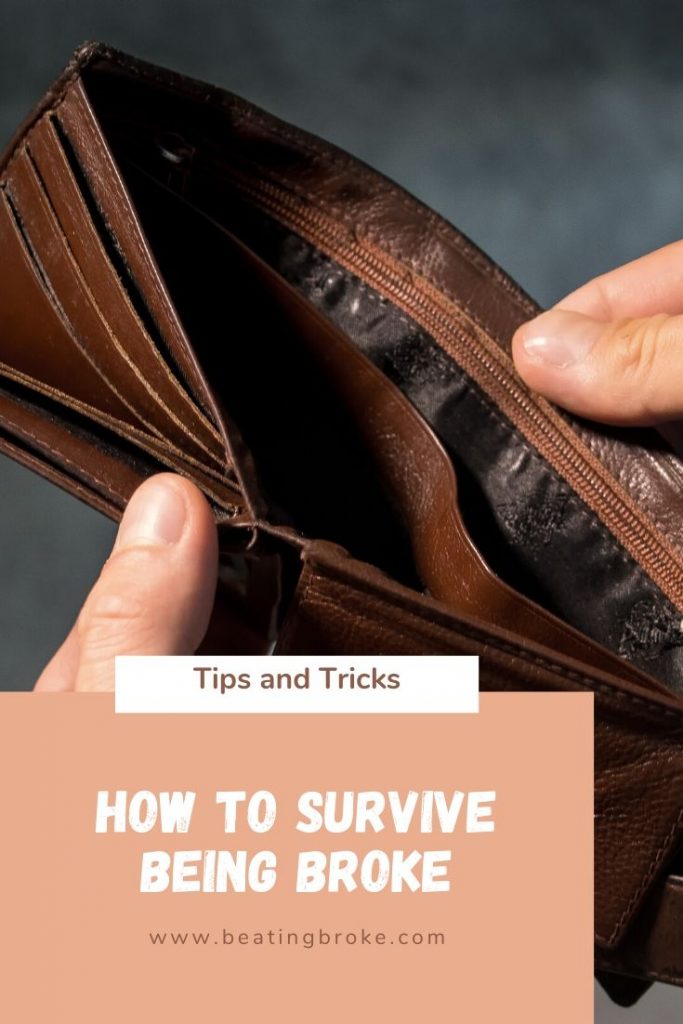In an era where financial success is often glorified, the narrative of struggling through one’s 20s might seem more like a cautionary tale than a blueprint for success. However, experiencing financial hardship in your 20s can paradoxically lay the groundwork for a prosperous future. This counterintuitive perspective is increasingly relevant as young people navigate the complexities of modern economies, job markets, and personal finance. Below are 13 compelling reasons why being broke in your 20s might just be the best thing for your future.
1. Learning Financial Discipline
When funds are limited, budgeting isn’t just a good habit—it’s a necessity. Being broke teaches you the importance of tracking every dollar, distinguishing between wants and needs, and planning for future expenses. This enforced discipline can form the backbone of sound financial management for the rest of your life, ensuring that when more money comes your way, you’ll use it wisely.
2. Cultivating Resourcefulness
Financial constraints often lead to creative problem-solving. Whether it’s learning to repair your own clothes, cooking meals from scratch, or finding free entertainment, being broke encourages innovation. This ingenuity is a valuable skill that fosters a can-do attitude, indispensable in both personal and professional realms.
3. Appreciating the Value of Money
Experiencing a tight budget firsthand instills a deep appreciation for the value of money. When you’ve had to work hard for every dollar, you’re less likely to take financial resources for granted. This gratitude can lead to more thoughtful spending and investment decisions, paving the way for long-term financial health.
4. Building Grit and Resilience
Navigating financial hardship requires a certain mental toughness. The challenges of being broke teach you to persevere in the face of adversity, bounce back from setbacks, and stay committed to your goals. These traits are invaluable in every aspect of life, from personal relationships to career development.
5. Emphasizing Non-Material Values
A lack of financial abundance can shift the focus from material possessions to non-material sources of happiness and fulfillment. Relationships, experiences, and personal growth often take center stage, contributing to a richer, more balanced life perspective that values what truly matters.
6. Encouraging Financial Education
Being broke is a powerful motivator for learning about personal finance, investment, and wealth creation. This self-education can lead to more informed financial decisions, better money management, and ultimately, a more secure financial future.
7. Fostering Empathy and Understanding
Experiencing financial struggle firsthand can foster a deep sense of empathy for others facing similar challenges. This understanding can inspire a more compassionate approach to personal and professional relationships and may motivate you to give back to the community when your financial situation improves.
8. Prioritizing Health and Well-being
When money is tight, expensive gym memberships and wellness fads are off the table. This can lead to discovering affordable or free ways to maintain health and well-being, such as outdoor exercise, home-cooked meals, and mindfulness practices. These healthy habits can have long-lasting benefits for both physical and mental health.
9. Developing a Strong Work Ethic
The drive to improve your financial situation can instill a strong work ethic. Whether it’s pursuing higher education, working multiple jobs, or starting a side hustle, the effort you put in during your 20s can set the stage for career advancement and financial stability.
10. Learning to Network
Being broke often necessitates reaching out to others for advice, opportunities, or support. This can help you develop networking skills that are crucial for professional growth. Building a broad network of contacts can open doors to opportunities that might otherwise have been inaccessible.
11. Valuing Simplicity
Financial constraints can lead to a simpler lifestyle, free from the clutter of unnecessary possessions and the stress of keeping up with consumer trends. This simplicity can promote a sense of clarity and focus, valuable in all areas of life.
12. Inspiring Innovation and Entrepreneurship
The necessity to make ends meet can spark entrepreneurial ventures. Many successful businesses have been born out of the need to solve personal problems or make the most of limited resources. This innovative mindset can be a key driver of future success.
13. Building Financial Independence
Ultimately, the lessons learned from being broke can lead to a path of financial independence. The habits, skills, and mindset developed during this time can enable you to build wealth, invest wisely, and achieve financial freedom.
Being Broke in Your 20s Is Challenging, But Also an Opportunity
Being broke in your 20s is undoubtedly challenging, but it’s also a unique opportunity to build a solid foundation for your future. The resilience, discipline, and creativity honed during this time can transform financial adversity into a launching pad for lifelong success.
Read More
The Psychology of Poverty: 18 Surprising Effects of Being Broke on Your Mind
10 Reasons the Wealthy Aren’t Giving Their Kids Money and Neither Should You
Catherine is a tech-savvy writer who has focused on the personal finance space for more than eight years. She has a Bachelor’s in Information Technology and enjoys showcasing how tech can simplify everyday personal finance tasks like budgeting, spending tracking, and planning for the future. Additionally, she’s explored the ins and outs of the world of side hustles and loves to share what she’s learned along the way. When she’s not working, you can find her relaxing at home in the Pacific Northwest with her two cats or enjoying a cup of coffee at her neighborhood cafe.




















 During Adam’s keynote, I realized that I was surrounded by 450 or so other writers. Each with their own unique voice, talents, and experiences. The realization of that, and the realization of how many people there are out there that don’t even use the internet makes me feel so small. I’m such a tiny, tiny, drop in a sea of information.
During Adam’s keynote, I realized that I was surrounded by 450 or so other writers. Each with their own unique voice, talents, and experiences. The realization of that, and the realization of how many people there are out there that don’t even use the internet makes me feel so small. I’m such a tiny, tiny, drop in a sea of information.